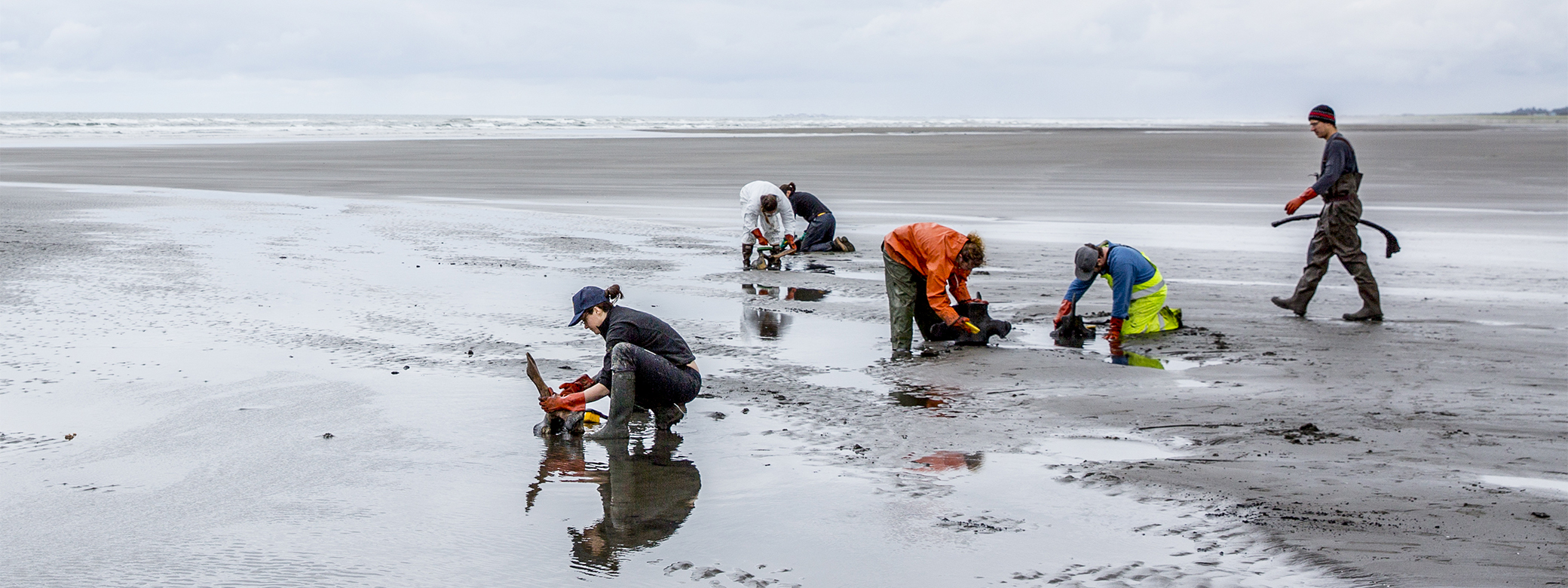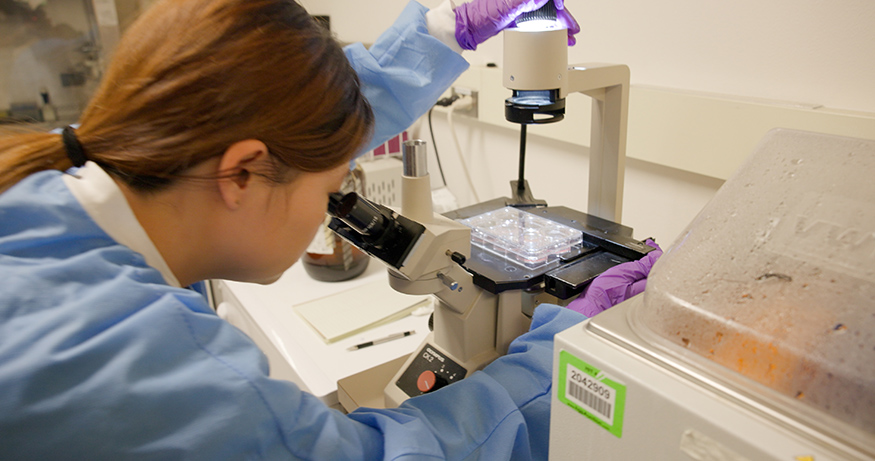A research opportunity for every interest
The University of Washington is a top-tier research university. Faculty in every Arts & Sciences department pursue leading-edge research – and many invite undergraduate students to join them in this important work. Experiencing the challenges and excitement of the discovery process can be a powerful complement to classroom learning.
As an undergrad, you can review declassified CIA documents for human rights cases, help preserve endangered languages, excavate a T-rex in Montana, identify gene mutations in fruit flies, search for signs of life in the universe, and much more.
Getting started
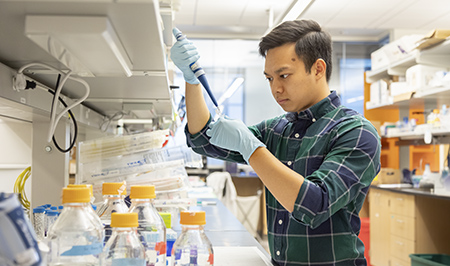
Research opportunities abound, but finding the right fit for your interests may require some effort. Here are suggestions for starting your search:
Approach a professor whose research interests you. Faculty may be looking for a research assistant or aware of other opportunities. This could be a great conversation during office hours.
Consider a research-based course. Courses with research as a central focus can introduce research methods and help you assess your interest in a more long-term research project.
Talk to a department advisor. Department advisors often have knowledge of research opportunities. If you are an honors student, also ask about opportunities to pursue independent research through your department’s honors program.
Think beyond your own discipline. Be open to research opportunities outside of your major. Many students find research opportunities in other departments, colleges, or UW-affiliated centers.
Dedicate a summer to humanities research. In the UW’s Summer Institute in the Arts & Humanities, undergraduates engage in scholarly research with accomplished scholars and peers while earning full-time academic credit.
Explore the resources of the UW Office of Undergraduate Research. This office offers guidance on all aspects of undergraduate research.
- Through undergraduate research advising, learn about finding a position, earning academic credit, identifying research funding, and more.
- The research opportunities database includes several hundred undergraduate research opportunities. Be sure to check the database periodically, as new opportunities are continually added. (Interested in psychology research? Also visit the Department of Psychology Undergraduate Research Opportunities webpage.)
- If your research involves human or animal subjects, the research ethics page includes links to information about UW policy and federal regulatory requirements.
It was wonderful to take what I learned in class and apply it in the lab. Also, I was able to observe my own growth; I went from having no clue what I was doing to designing my own experiments!
Ongoing Projects Seeking Undergraduates
Many ongoing projects across the College of Arts & Sciences are fueled by undergraduate participation. A few examples:
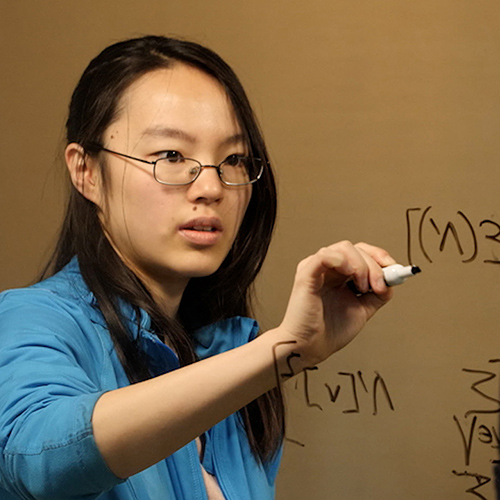
Washington Experimental Mathematics Lab
Contribute to mathematical research while making it accessible to the public.
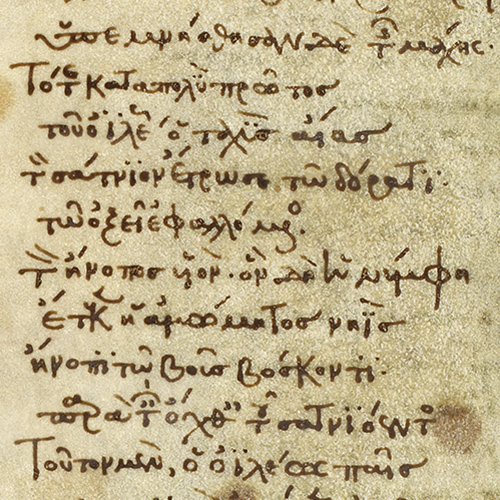
Homer Multitext Project
Join an international team producing digital editions of early Homeric texts.
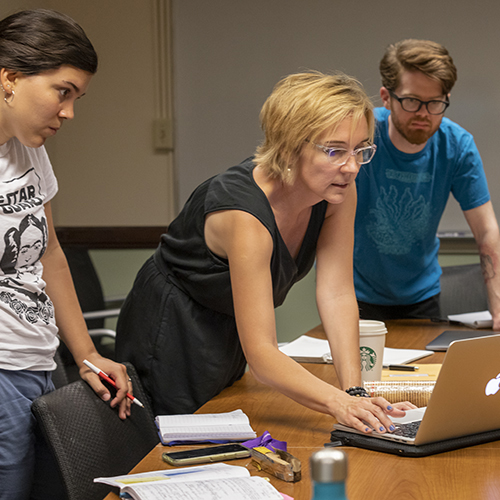
UW Center for Human Rights
Research declassified documents to confirm and address human rights abuses.
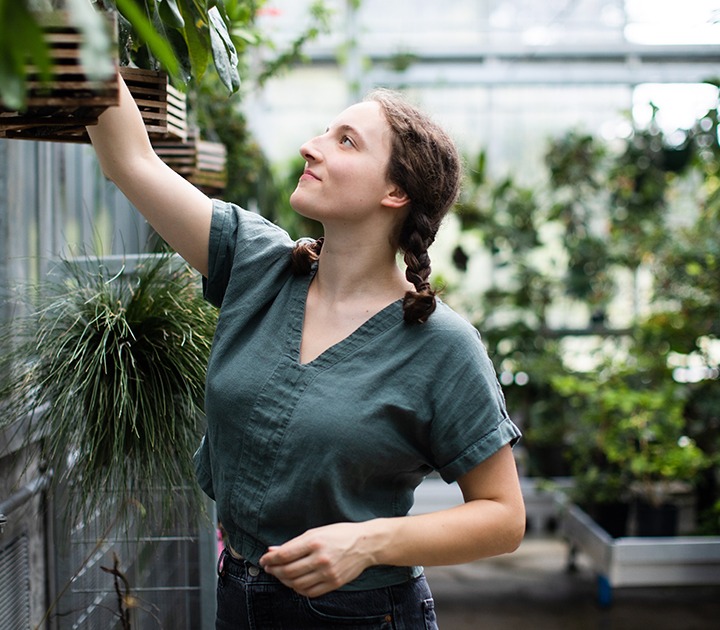
A Passion Takes Root
In the UW Department of Biology, Ava Kloss-Schmidt had the opportunity to study plants in the field, in the lab, and in the UW Greenhouse. She was part of a research team that spent the summer surveying plants in alpine settings, and during the academic year she worked in a faculty lab, studying an immune receptor in the legume plant family. Kloss-Schmidt also helped care for plants in the Greenhouse. “The breadth of things I’ve been able to do has been fantastic,” she says.
As a first-year undergrad with no background in the subject, nobody was putting pressure on me to actually understand the research for a long time. Eventually things started to make sense. It’s pretty normal to have a steep learning curve.
BEHIND THE SCENES
In this short video, undergraduate Victoria Pang talks about working as a researcher in a UW chemistry lab. Video by Juan Rodriguez.
Student Research Experiences
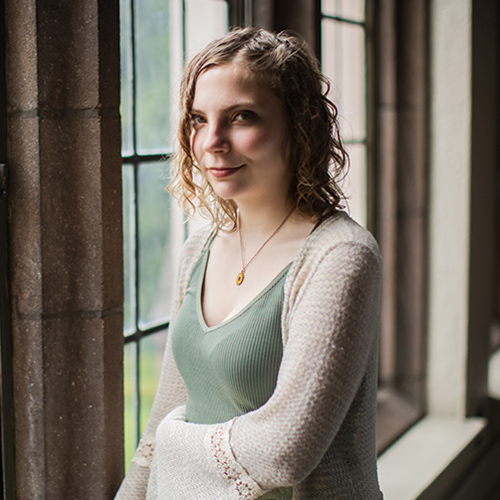
Writing Mrs. Lenin
Darby Sherwood developed a play, Mrs. Lenin, under the mentorship of a nationally recognized playwright.
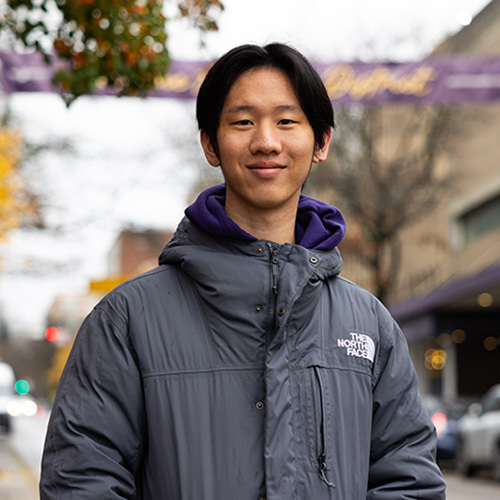
The Public Impact of Private Cities
Edwin Bai has researched private cities that "take the libertarian idea of low government regulation to the maximum."
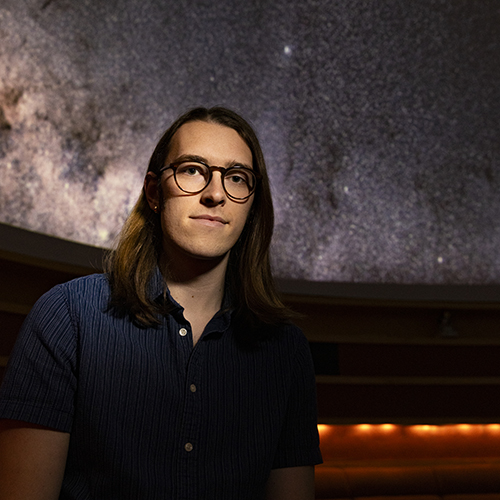
Tracking Comets
Using a powerful research telescope, Max Frissell identified a never-before-seen active comet. Now he’s hooked.
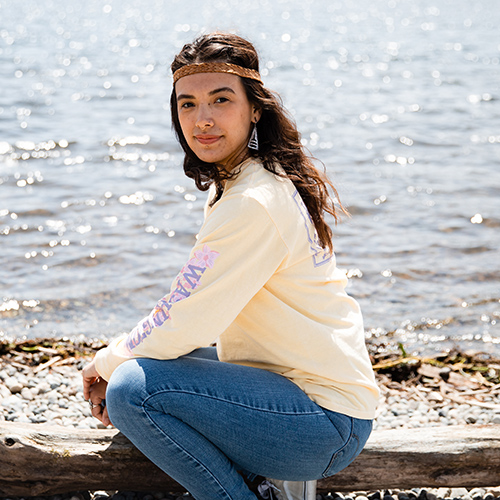
A Leader in the Making
Stephanie Masterman explored fishing and ecostystem concerns of the Tlingit community in Alaska.
Discovery through internships
Another opportunity to apply what you’re learning is through an internship. As an intern for a nonprofit, government agency, health care provider, or other organization, you will experience firsthand how theory translates to practice. An internship may also help clarify whether a potential career is right for you. The UW Career & Internship Center offers a range of internship-related resources, from webinars on finding an internship to a database of opportunities. Your department may also have information about discipline-specific opportunities.
